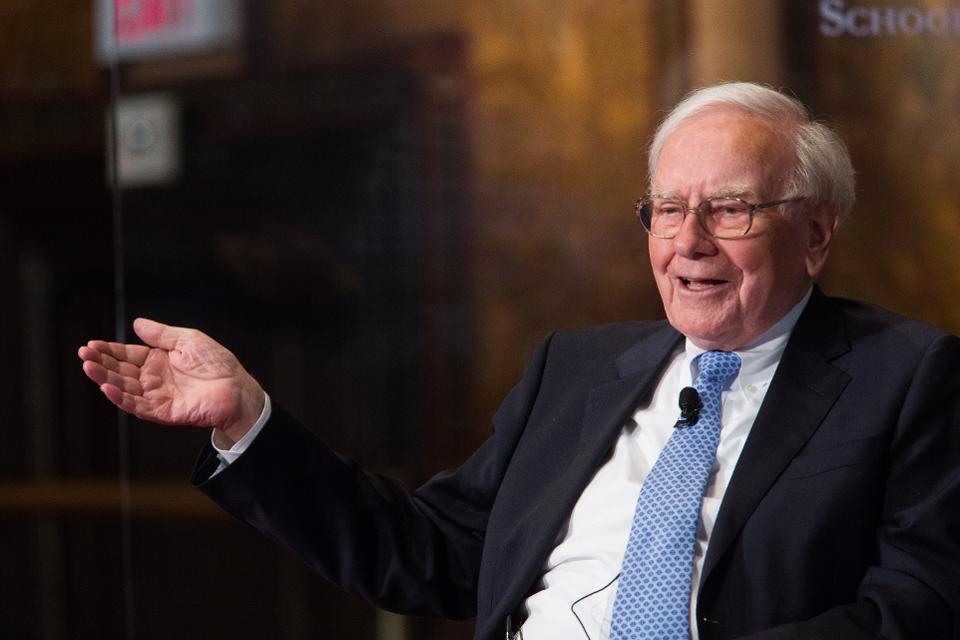
The COVID-19 crisis has been an unprecedented shock to our country. We are greeting daily with heart-wrenching images of families torn by loss and communities reeling from the hefty physical and emotional toll.
The economy is reeling too. Expect crazy numbers ahead. Unemployment is projected to rival the Great Depression. Stock markets are volatile for the first time in years. Few doubt a recession will follow, and some argue we’re already in it.
The good news is that statistical models predict that the pandemic’s peak is nearly upon us, and that the shutdowns are having the desired effect — fewer people getting sick. If we can maintain social distancing there’s a chance the economy could get back on track sooner rather than later.
Of course, the aftermath of the pandemic will be felt for months to come. More than a few small businesses will not reopen. Big businesses will report weak numbers for a quarter or longer.
It’s hard in the middle of a crisis to think about what one might have done differently, but I have recently come across a metaphor that investors should consider — natural disasters.
No matter where you live in the country you are likely susceptible to one kind of natural disaster or another. Hurricanes, earthquakes, tornadoes, blizzards, few places are exempt from major disruptions from time to time.
A pandemic, for all of us, is a new experience. But if you think about it as another type of natural disaster it becomes easier to wrap your head around and, thus, easier to plan. It’s sad to have to think that way about such an awful thing, but it’s vastly preferable to plan than hope.
I live in California, where tremors are part of life. We build our office towers and homes to offset the risk of collapse. We train our children to react properly to seismic activity while in school.
I have a friend in Florida who has lived through decades of hurricanes. Part of living in a tropical paradise is accepting that occasionally a storm will upend your life and possibly damage your home.
You know a big storm is coming eventually, so what can you do about it? Prepare, and that’s all. There’s no negotiating with bad weather. You know the power may fail for weeks. You know the roads will be blocked by trees. You know schools will close and store shelves will be empty.
There’s nothing surprising about a hurricane. You can see them coming at you a week in advance or more. Pandemics are not that different, as we are learning. We saw this coming too.
For those who can afford it, my friend explains, the best defense for a big storm is a strong offense. Just get out of town and come back when the worst is over, the power is back on and the roads are cleared.
If you can’t, if you’re a first responder, health professional or other essential worker, have a plan to hunker down and be safe. Have non-perishable food stored up, first aid supplies and any medicines you need. Pandemic response looks like this, as we have all found out.
I think about his advice when I’m talking to my clients. The people you see running around in a panic about their investments are, for the most part, traders and not investors. True investors are a different breed of animal.
Buffett’s take
If the distinction is lost on you, ask yourself this question: Do you buy a stock with a plan to sell it at a profit? If so, you are a trader.
If instead you buy a stock because you believe that the underlying company will persevere and grow for many years, increasing in value through good times and bad, you are an investor. As Warren Buffett once told his shareholders: “If you aren’t willing to own a stock for 10 years, don’t even think about owning it for 10 minutes.”
I counsel my clients to think like Buffett when investing, and to think like my Florida friend when it comes to the occasional stock market storm: One is coming, eventually. So what will you do now to offset the danger?
Diversification is a huge factor here. Having cash so that you don’t have to sell investments at a market low is another good idea. But the most powerful protection is having a portfolio that’s adequately “de-risked” for your particular goals.
What “de-risked” means is that a person five years away from retiring has a portfolio that’s built to weather a market decline, and especially a steep one that surprises, like we’ve seen with the COVID crisis. Investment-wise, he has already left town.
A younger investor might react more emotionally to a sharp decline, having seen fewer of them, but that person clearly has far more time to absorb declines and should invest accordingly. She should hunker down.
Remember, according to data from J.P. Morgan Asset Management’s Guide to the Markets, over the 70 years from 1950 to 2019 during every rolling five-year period, a simple 50% stock, 50% bond portfolio had returns of between 1% and 21%. During no period was this portfolio down.
Natural disasters happen. There’s nothing you can do to stop them, but you can have a plan. That includes a plan for your investments.




